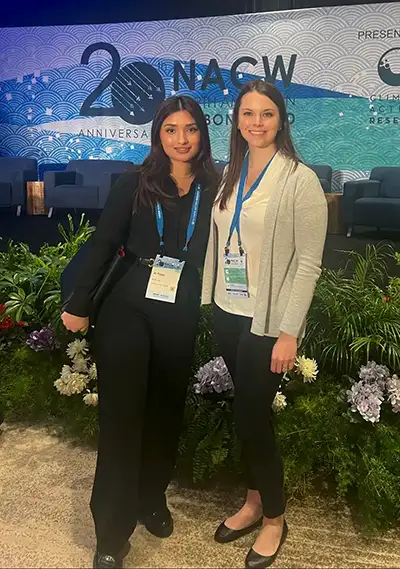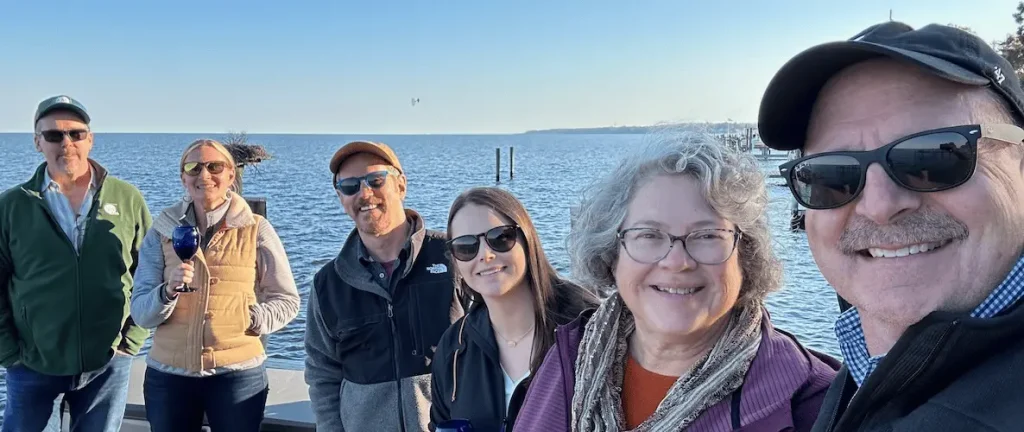Haley Armstrong joined us in AJW’s Arlington, VA office as the Director of Policy and Programs for the Institute of Clean Air Companies (ICAC), a trade association managed by AJW.
A decade later, Haley’s tireless commitment to helping our clients navigate markets and policy for clean energy innovation has brought her where she is today: AJW’s newest partner.
Now based in London, UK, Haley supports multinational organizations, startups, NGOs, and governments in the U.S. and Europe to advance market opportunities and develop bottom-line-focused strategies for decarbonization. She has supported clients seeking to understand regulatory, market, and funding opportunities in the U.S., EU, and UK for their energy transition solutions following the landmark climate policies implemented across jurisdictions in recent years. As these opportunities continue to roll out and policies mature, Haley aims to continue supporting clients navigating the path ahead as we approach our 2050 climate goals.
Q: Between innovation advancements in clean tech and historical federal decarbonization legislation, you’ve had a unique viewpoint of the energy transition for a decade. When you started at ICAC, your work supported the stationary emissions control industry and has expanded into industrial and transportation decarbonization, renewable energy, and more.
What has surprised or encouraged you the most by the changes you’ve seen since you started at AJW?
HA: Working on decarbonization spanning a broad cross-section of industries over the past decade has been an absolute privilege. We’ve seen many promising developments in this short window of time. While a few stand out to me, this list is far from exhaustive!

Jo Thapa and Haley Armstrong support clients for the Energy Transition team.
First, I have found it exciting and encouraging to see the significant growth in engagement, investment, and resources dedicated to local air quality improvements in recent years. Enabling communities to engage in decarbonization projects and ensuring benefits are realized across stakeholders is key to continuing today’s important work.
Second, the emerging accountability frameworks at the national and state levels through GHG reporting standardization are a critical element to understanding the full value chain of emissions and supporting further investment across industries with solutions for continued improvements in product carbon intensity. Further work is needed in this space, but I am encouraged by the great steps taken to date.
Lastly, I am very excited by the growing number of women in the energy transition. As with many industries, the number of women in leadership roles and coming up through the ranks has risen exponentially. As I look at the structure of the AJW team and how that has evolved over the last decade, I am encouraged by the number of smart and capable women I have the honor of working with each day. We need all hands on deck for the immense climate challenge that faces us, and I hope to continue to see more diversity going forward to include other voices and perspectives.
“When SMA America was searching for support on the impact of the IRA for our business, we were specifically seeking expertise around tax credits and manufacturing implications for our multinational solar inverter business. AJW was recommended to us for their work in this field from another satisfied global AJW client. Haley Armstrong has helped guide us through this complex suite of policy, business strategy, industry insight, and manufacturing considerations. It’s clear to me that our success is Haley’s success — she doesn’t shy away from the hard work and follow-through. Her advice is measured, balanced, and relevant, backed by strong data analysis from the AJW team. And beyond her consummate professionalism, Haley’s wonderful personality makes our work together that much more enjoyable.”
Trish Moratto, Communications Manager for SMA America
Q: If you had the chance to make a highlight reel of some of your accomplishments, what would it include? What achievements make you the proudest?
HA: At AJW, we are lucky to work with fantastic clients seeking opportunities to improve our environment through policy or market mechanisms. There are probably few careers where you can end each day knowing that your work was targeted toward bettering the world around you – and that of future generations.
Since the passage of the Inflation Reduction Act and the Infrastructure Investment and Jobs Act in the U.S., and the Fit for 55 package in the EU, I am very proud of the work that our team has accomplished to translate the landmark funding from legislation into real-world decarbonization projects. We have worked with the private sector and government to ensure the roll-out process of funding opportunities or tax credits is accessible and applicable to some of the key decarbonization opportunities ahead of us. Our team has also worked to translate complicated policy details for innovators and investors to enable projects to get off the ground. At this intersection of the private sector and policy, AJW is proud to achieve results for our clients.
Q: What about AJW inspired you to pursue a partner path?
HA: AJW has grown in many ways since I joined nearly a decade ago – both in numbers and areas of expertise.
Throughout this growth, the DNA of AJW has not changed: We continue to enhance opportunities for innovators with a team that shares a passion for – and commitment to – delivering results. I am proud to call AJW home for many reasons. Two that stand out are:
-
- Integrity – Our work speaks for itself through quality and delivering results. We are not focused on cumbersome contracts or just “getting meetings” for clients. We dive deep into the details of client technologies or problems because we focus on their desired outcomes and dedicate ourselves to achieving them.
-
- Teamwork – Our team brings a variety of strengths and expertise that our clients can access firm-wide. Our shared passion for excellence results in high-quality products for our clients and enables collaboration with colleagues across time zones, offices, and practice areas to deliver on our clients’ business objectives.

Some members of AJW’s leadership team
From left: Chris Hessler, Mary Solecki, Rich Kassel, Haley Armstrong, Loretta Smerchansky, Tony Poole
Q: What would be your top advice for new technology entrants in the energy transition marketplace?
HA: I would encourage innovators to identify ways to complement and bolster their business objectives through understanding, engaging, and leveraging policy at an early stage. Building relationships and establishing your profile as an industry leader or disrupter is key. So is understanding how policy can work for or against a novel technology. The earlier an innovator can identify a barrier, the sooner they can work with it or around it.
There’s also merit in partnering with other stakeholders to amplify awareness of a technology’s value in the marketplace or to find synergies that will benefit a company or even a sector. AJW’s collaborative style and history of building coalitions have helped various organizations as they introduce new technologies to lawmakers and regulators.
Q: What sectors are you particularly excited to see breakthroughs in?
HA: Achieving global climate goals demands an ‘all of the above’ approach with an evolving set of solutions in the near-, medium-, and long terms. Although the somewhat behind-the-scenes advancements aren’t headline grabbers – like electrical grid improvements, critical minerals recycling, and responsible CO2 sequestration – these are key enablers of progress. Each is crucial for decarbonization outcomes that improve energy reliability and benefit communities and human health. I am excited to see progress in these areas – and we at AJW look forward to partnering with companies aiming to achieve these goals.

